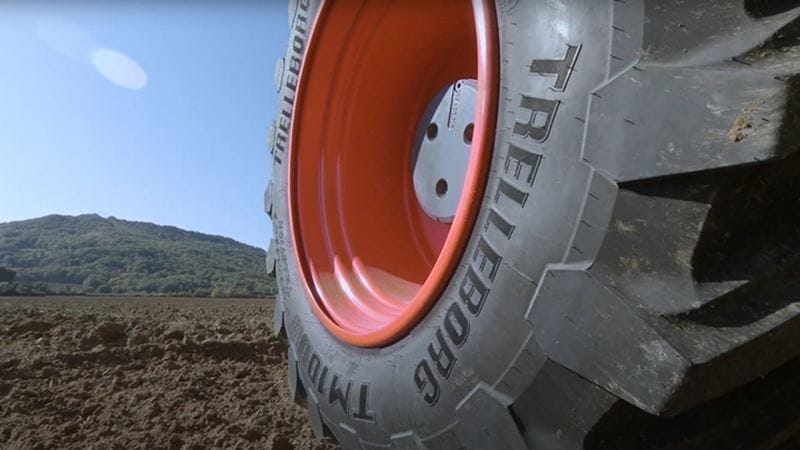Maximizing efficiency the role of agricultural tires in fuel saving

Agricultural tires may seem like an accessory in farming operations, but they play a pivotal role in overall performance and efficiency. Selecting the right machinery is crucial, and tires make a substantial difference.
One critical aspect where enhanced performance directly correlates with sustainability is fuel saving.
So, how do tires impact fuel consumption?
It all boils down to traction - a simple yet crucial benefit. When tires grip the ground effectively, machinery can traverse hectares more efficiently, reducing time spent working the soil and hence fuel consumption.
Slippage is a common issue in agricultural operations due to the nature of the work. Hence, tires must be engineered with specific features to enhance traction. This is where tread design plays a vital role. A wider footprint not only improves traction but also enhances flotation, reducing soil compaction and increasing productivity.
Innovative technologies like Trelleborg tires' ProgressiveTraction® have revolutionized traction and flotation capabilities, featuring a combination of different specific elements in the tread design.
One distinctive element is the lug, designed with a “double edge”, a dual anchor that increases the grip on the soil, improving traction and floatation, while reducing slippage.
This extra lug behaves as an additional terrace on the tread profile enhancing its great self-cleaning capability. As the tire rolls along, it picks up dirt, mud, or other debris, essentially, the self-cleaning capability ensures that the tire's tread remains clear of obstacles. Thanks to the interlug terraces the tire's contact with the soil is as effective as possible, and when the tread is clean, the full height of the lug can enter the soil.
Additionally, another design feature is the “wing effect”, the tread wings enlarge the tire effective width resulting in superior flotation and reduced soil compaction, boosting both efficiency and productivity.
Performance tests have demonstrated the tangible benefits of the TM1000 ProgressiveTraction® tires, including up to 8% higher traction performance, 12.5% wider footprint, and 6% less pressure on the ground compared to key competitive tires.
This technology applied to the tread enables significant time savings, up to 6 hours when plowing 500 hectares, with a 3% reduction in fuel consumption.
Choosing the right agricultural tire entails more than just acquiring a component that enables machinery to move across fields; it's about maximizing efficiency and fuel savings. ProgressiveTraction® and self-cleaning abilities ensure smooth farming operations, saving both time and money while reducing the carbon footprint.
Ultimately, the impact of agricultural tires extends beyond immediate financial benefits—it's about sustainability. By reducing fuel consumption and emissions, farmers can contribute to a greener, more eco-friendly agricultural sector. In a world increasingly conscious of environmental impact, Trelleborg tires offer a simple yet effective way to drive positive change.